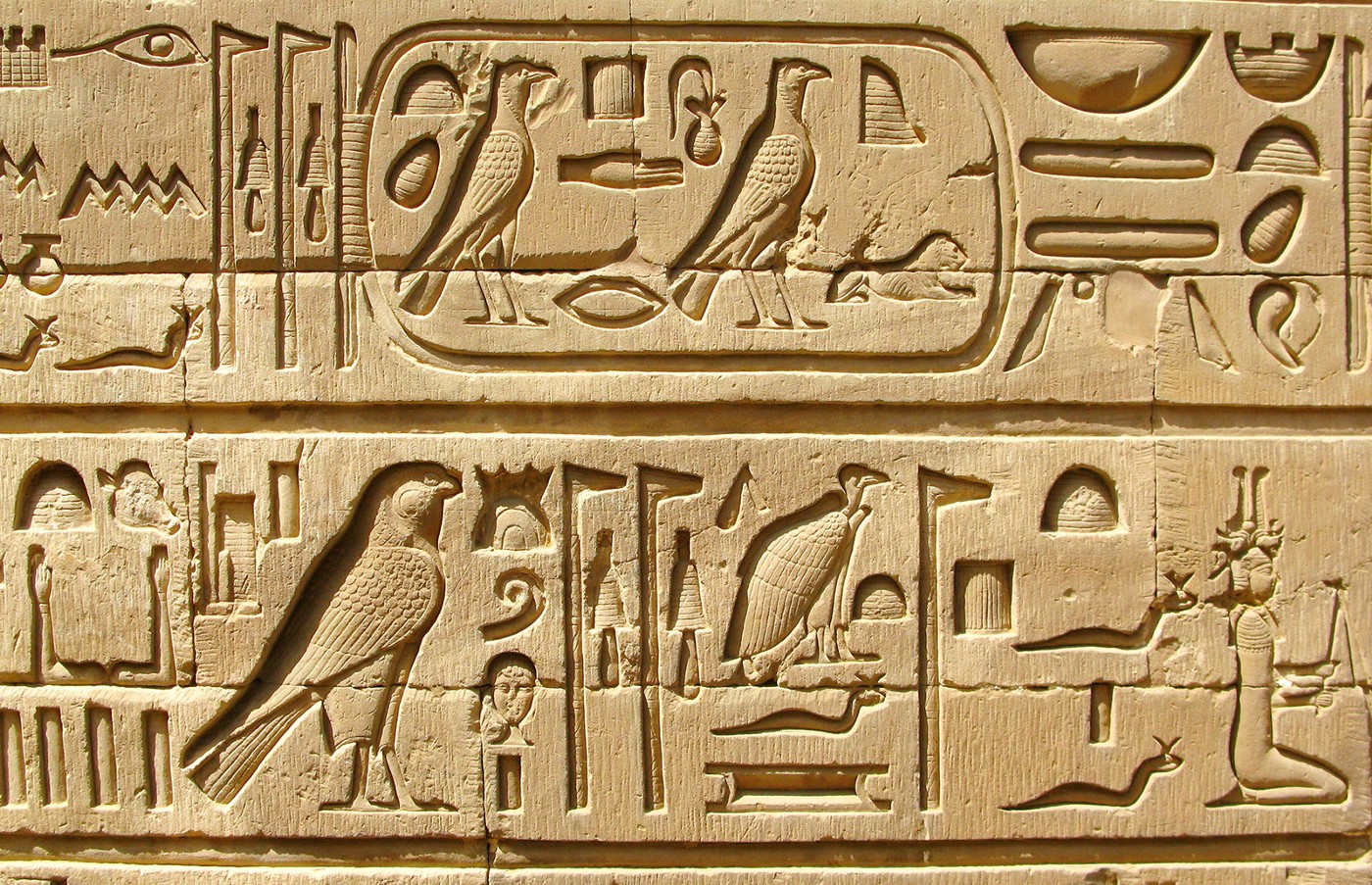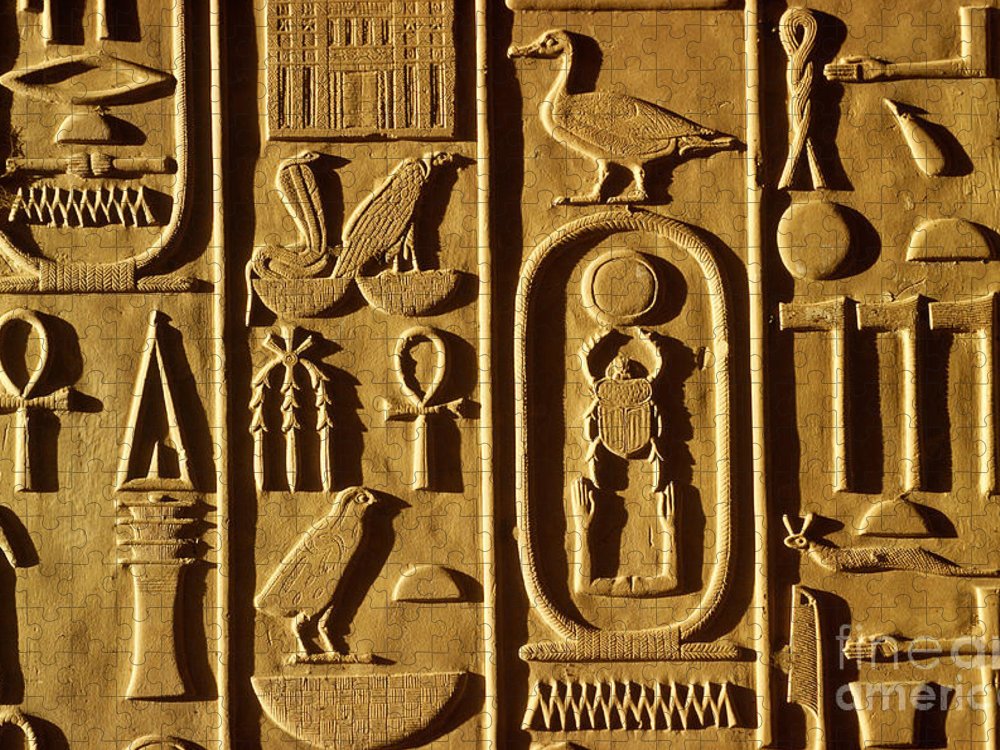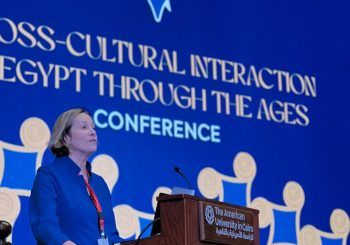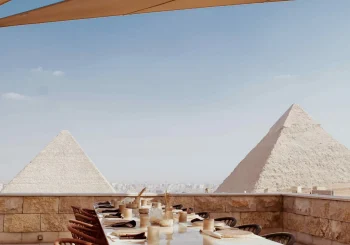
Egypt’s museums have always reawakened and inspired the curiosity of people around the world on ancient Egypt, preserving the infinite breadth of ancient knowledge under one roof.
But today, there are new ways to recapture some of the curiosity that has been lost over the years. With our eyes glued to social media all day, there is room for discovering this ancient knowledge through a variety of online ways.
Egypt’s Ministry of Tourism and Antiquities is celebrating the 200th anniversary of decipherment of Egyptian hieroglyphs, held on 27 September, through a number of archaeological and cultural exhibitions, events, and awareness campaigns that have been launched across the Ministry’s social media platforms.
The awareness campaigns include month-long, bilingual “Ancient Egyptian Language” digital campaign, which simplifies information around the meanings behind the symbols of Egyptian hieroglyphs. Another campaign, “Know About the Treasures in Your Governorate,” provides awareness on the artifacts that were discovered within each Egyptian governorate.
View this post on Instagram
View this post on Instagram
As part of the campaign’s activities, the ministry is also holding a number of exhibitions at the Egyptian Museum in Tahrir, including a temporary exhibition of on the history of ancient writing, a photo exhibition of Egyptian antiquities during the nineteenth century, which include a set of archives from the Antiquities Registration Center.
Egypt’s Ministry of Culture is also organizing two exhibitions at the National Museum of Egyptian Civilization in Fustat, featuring rare documents on the decipherment of the Rosetta Stone from the National Archives.
The Rosetta Stone is a granodiorite stelae inscribed with three scripts – Demotic, hieroglyphs, and Greek. In July 1799, it was discovered by French soldiers during Napoleon’s invasion of Egypt near the Mediterranean coast east of Alexandria.
View this post on Instagram
After the failure of Napoleon Bonaparte’s campaign in Egypt, the stone became the property of Britain under the terms of the Treaty of Alexandria in 1801, along with other antiquities found by the French during their stay in Egypt. The stone was later displayed in the British Museum in London, which became an international symbol of the imperial ambitions of France and England and their colonial empires in the late 18th and early 19th centuries.
Bringing the science of archaeology into the public realm, the campaign aims to reframe the Ancient Egyptian language as a simple and engaging topic that can be learned and understood by everyone.
“The idea is to bring an element of fun and engagement to the ancient Egyptian language, a topic that is often seen as dry and complex,” Hassan Elzawy, from the Social Media and Marketing office at the Ministry of Tourism and Antiquities, tells Egyptian Streets. “Through this campaign, we want people to get to know different signs that they might have spotted during a museum or temple visit and actually come out of it learning something new.”
Though Egypt has for so long branded Luxor, Aswan and Giza as main sites for ancient treasures, the truth is that ancient Egypt’s treasures touch every corner of its land, with artefacts and archaeological sites found in each governorate.
“We also want to show that Egypt is full of unique and important treasures, not just in Giza and Luxor. The aim is to highlight objects and sites to locals who might not be aware that they exist in their governorates,” Elzawy says. “We hope that this would raise awareness and stimulate Egyptians to engage with their heritage and ancient past, while also motivating tourists to venture out beyond the typical tourist destinations that Egypt has to offer.”







Comments (2)
[…] campaigns reawakening the world’s curiosity. As the country’s efforts shine through new campaigns, visitors throng to tie the digital threads to their on-site […]
[…] comes alongside the launch of several new promotional campaigns meant to stimulate Egypt’s touristic sector, including the digital “Ancient Egyptian […]